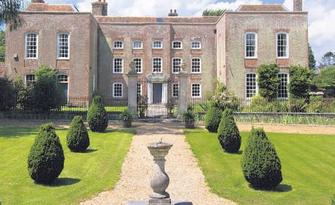
The room’s windows had closed wooden shutters, and the furniture was quite sombre. For some reason, I felt a little uncomfortable and decided that I would keep the light on for the night, and that I would 'cross my legs' rather than negotiate the dark passageway leading to the nearest bathroom in the middle of the night. I had a fitful night’s sleep!
The next morning after breakfast Mike, my host, showed me round the house. He pointed out the painting of HMS Shannon, whose Captain Philip Broke RN, an ancestor of his, had captured the USS Chesapeake. We looked at the entrance, in the pantry, to what he had been told was a tunnel used in former centuries, and he showed me a cocktails cabinet inset beside a fireplace. In order to construct this 'must-have' item in the 1920s, a carpenter had removed an old wooden panel, and, as he opened it up, those present saw inside, standing upright the fully-preserved body of a Cavalier soldier. To the surprise of everyone present, or horror perhaps, as the air reached the body, the flesh immediately turned to dust and fell away, leaving just the skeleton inside the armour. Since the manor had been pro-Royalist at the time of the English Civil War, local historians reckoned that the soldier may have been wounded in battle, and perhaps hidden behind the panelling by the manor’s owners, who after sealing it up had subsequently needed to flee the house as Sir William Waller’s forces advanced, leaving the unfortunate soldier to die in his hiding-hole. This was most likely to have been on the date of the Battle of Cheriton 29 March 1644*, 370 years ago today.
At the end of the tour, I said, "So, Mike, a house this old must have a few ghost stories?"
"Well," he replied, "There was one funny thing that happened. A friend of ours came down for the weekend. She popped her things in her room and came downstairs for drinks. Afterwards she went back upstairs to freshen up, and when she came down for supper, she said "Mike, I didn’t know you had any staff."
"We haven’t," I said, "Why?"
"Well, someone laid out my things ready for dinner and turned down my bed, so I assumed it must be the maid."
Mike recalled that his mother had in earlier times occupied that room. Her maid had been with the family, still working and very much part of the household, until she died at the age of seventy. She had asked to be buried in the local churchyard, but her nephew had had the body cremated and took the ashes away.
"Wow," I said, "What room was that, Mike?"
"Oh ... actually, it was the one you slept in last night!"
*Incidentally, another famous battle, not part of the English Civil War but the Wars of the Roses, and recorded as one of its bloodiest, took place, in heavy snow, on this date in 1461, at Towton in Yorkshire, when the Lancastrians suffered a resounding defeat at the hands of the Yorkist forces, with extensive casualties on both sides.

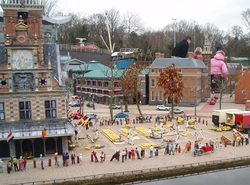


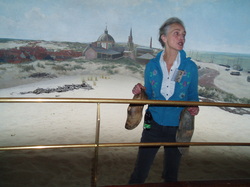

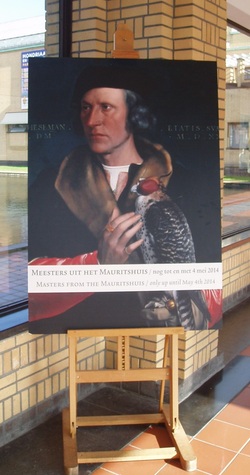
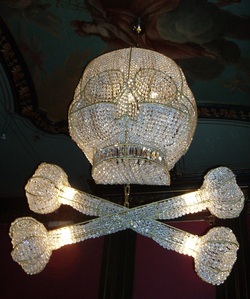




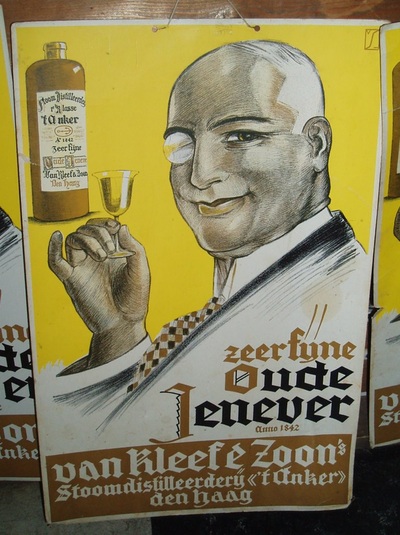
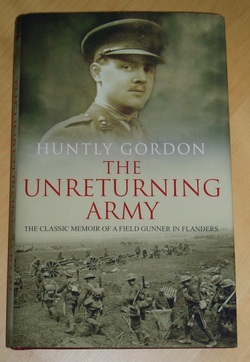

 RSS Feed
RSS Feed
